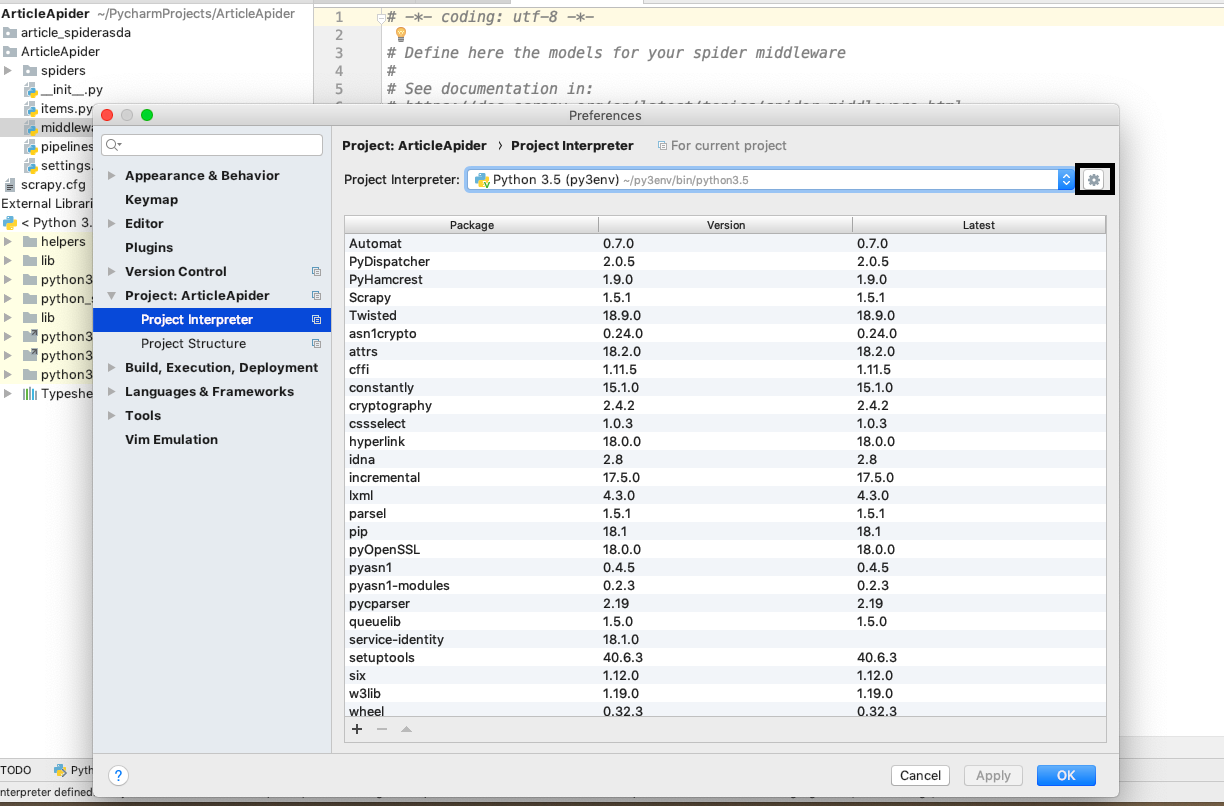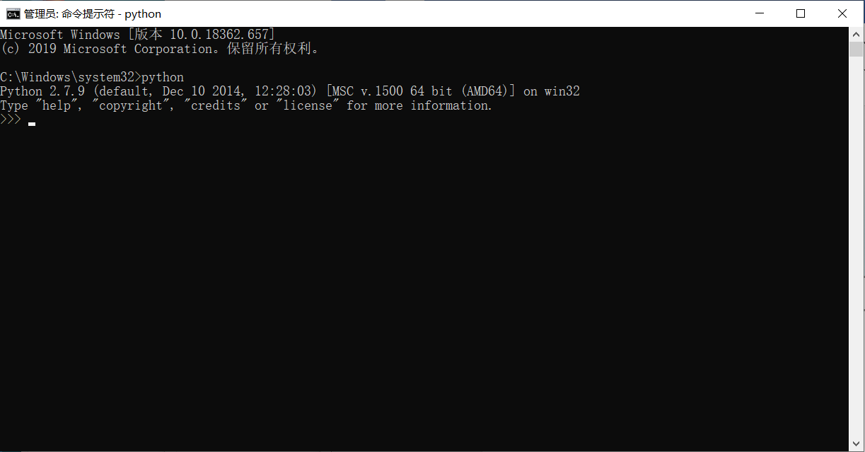

Python 2.7.9 Debian 7.11 Update Process In
Virtualenv is a third party tools for creating virtual environments. To install Python 2 version on Ubuntu 18.04 open up terminal and enter: sudo apt install python-minimal. Check installed python version: python -version Python 2.7.14+. - Matthias Klose
However, the source tarball should be named something like Python-2.7.11.tar.xz which includes the version number.For what it is worth, we're probably going to be moving to newer, butStill isolated, build stations shortly. These new stations will beRunning RedHat instead of Debian if that might make a difference.I'm hand-transcribing the error (which still exists after recopyingWARNING: exit code 1 from a shell command.ERROR: Function failed: do_install (log file is located at/home/ron/yocto/build/tmp/work/core2-64-poky-linux/python/2.7.9-r1/temp/log.do_install.10995)The log above this shows no errors, but there are some warnings.On 6 April 2016 at 20:55, Ronald Oakes wrote:For what it's worth, I may be able to work around this by using thePoky-Tiny distribution, which is closer to what I'll need for theMinimalist system we need in the end.If you need a minimal system then you might want to look at oe-core fromGit, which has musl support integrated. Musl appears to be superiour toUclibc and we'll be releasing 2.1 this month. It is included by default with the Python binary installers. A virtual environment is a semi-isolated Python environment that allows packages to be installed for use by a particular application.

Python has Lib/site-packages folder with my packages inside. Do I need to re-install/reconfigure the packages again?(If there will be a lot of hassles, then perhaps I'll follow the mantra: "if it is not broken, don't fix it".)Thanks for the comments, but as my understanding, this site is about Q&A: got question & get answered.It's a simple and direct question, let me make it clearer: e.g. As the logic, Python 2.7.9 will also be in the same folder Python27 (as 2.7.6).



 0 kommentar(er)
0 kommentar(er)
